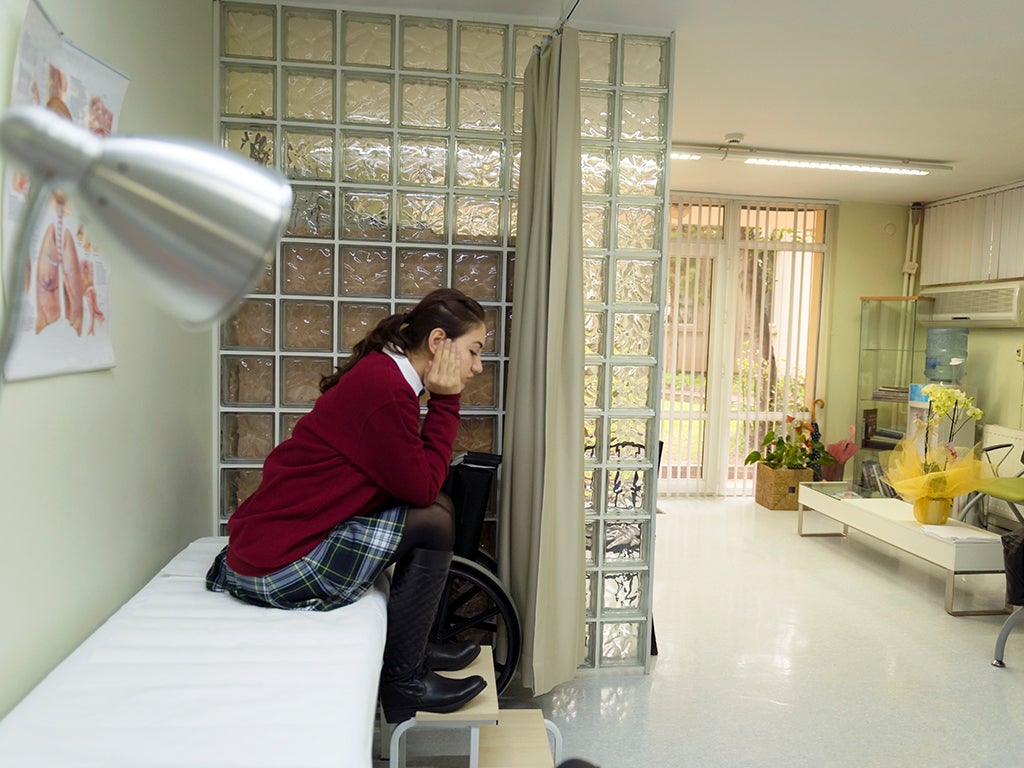
GP’s registration cancelled after he tries to conceal boundary violation with a young patient
Monday, 11 December 2023
Key messages from the case
Breaches of sexual boundaries can include a range of behaviours such as making unnecessary comments, inappropriate touching during a consultation, or attempts to hug or kiss a patient which may also constitute an assault. Boundary violations will be seen as particularly egregious where the patients are vulnerable and where doctors are seen to cause further harm by attempting to deny or conceal the relationship.
Details of the decision
Sexual boundary breach
Ms A was 17 years old and in her final year of high school. She consulted Dr C on four occasions including about her hair loss, eating disorder, thyroid issue and earache. Once she asked him to sign a medical certificate for her school after her grandfather died.
She claimed that he acted inappropriately including giving her his home address and phone number, asking to take a video of her (which he said was to show his wife), and a photo (which he said was for his contact list). Ms A claimed he told her she had gained weight and grabbed her hand and insisted she step on the scale.
She also claimed he tried to hug her, touched her inappropriately and tried to kiss her several times in one consultation. She claimed she told him she was uncomfortable and left, and that he texted her over the course of several days, including asking whether she was going to make a complaint.
Ms A contacted Headspace about the consultation and was advised to report to Ahpra and the police. She also spoke to staff at her school.
The tribunal concluded that Dr C had acted inappropriately and was guilty of unsatisfactory professional conduct.
False and misleading statements
Dr C initially denied all allegations and denied having sent the text messages. He claimed his wife wrote the text messages to Ms A and wrote his initial response to the complaint. He later admitted to having sent the text messages, and having asked his wife to provide a false statement.
The tribunal was not satisfied Dr C was being candid and concluded he was willing to fabricate evidence to protect his career, income and family.
The tribunal concluded this constituted unsatisfactory professional conduct.
Standard of care
The tribunal also found that Dr C had no experience of treating bulimia and that his care for Ms A was inadequate.
Health and wellbeing
Since the complaint, Dr C had been practising under conditions imposed by the regulator including supervision and a prohibition on treating female patients. At the time of hearing he was in the health program due to complaints of inappropriate prescribing stemming from an underlying opiate addiction. He had been unable to find employment because of the conditions on his registration and had become anxious and stressed. However he had failed to follow recommendations about seeking specialist help to manage his pain, addiction or mental health issues.
Outcome
The tribunal found Dr C guilty of professional misconduct.
The tribunal was particularly concerned about Dr C’s dishonesty and lack of insight, which it noted was contrary to the requirement for medical practitioners to be trustworthy, transparent and honest when dealing with patients, colleagues, medical authorities and the public at large. While Dr C expressed regret, the tribunal was not persuaded that he had accepted responsibility for his conduct or the effects on others.
Dr C’s registration was cancelled for 18 months. He was also ordered to pay the tribunal’s legal costs.
Key lessons
Behaviours that breach sexual boundaries include unnecessary comments about a patient’s body and inappropriate touching, which may also constitute sexual assault. Breaching sexual boundaries is always unethical and it is the doctor’s responsibility to establish and maintain appropriate boundaries with their patients.
If you find yourself in a situation where boundaries have blurred, transfer the care of the patient to another practitioner and seek professional medico-legal advice.
If you are the subject of complaints or questions about your behaviour, always act with integrity and never attempt to conceal a breach or deceive regulatory authorities.
References and further reading
Avant factsheet – Boundary issues
Medical Board of Australia Guidelines - Sexual boundaries in the doctor-patient relationship
More information
For medico-legal advice, please contact us here, or call 1800 128 268, 24/7 in emergencies.
The case discussed in this publication is based on a real case. Certain information has been de-identified to preserve privacy and confidentiality. The information in this article does not constitute legal advice or other professional advice and should not be relied upon as such. It is intended only to provide a summary and general overview on matters of interest and it is not intended to be comprehensive. You should seek legal or other professional advice before acting or relying on any of its content.
More ways we can help you
Our CPD courses for Avant members
Tick off some CPD hours and learn more with our in-depth eLearning courses, free for Avant members. Our courses include education activities, reviewing performance and measuring outcomes.



